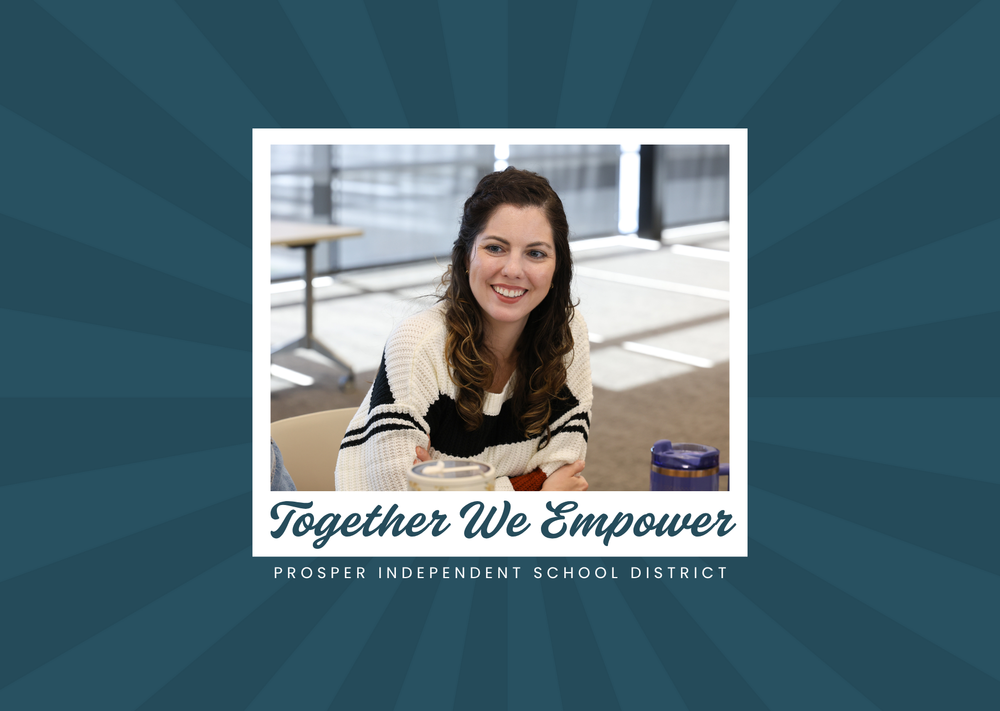Educators across Prosper ISD recently attended a two-day workshop centered on Professional Learning Communities (PLCs), a model created by education researcher Richard DuFour that guides teachers to work together to positively impact their students’ learning.
Each Prosper ISD principal from all 31 campuses selected a small group of teachers and leadership from their campus to attend, giving these educators the opportunity to take part in collaborative learning and bring new ideas back to their teams. This training expanded upon years of ongoing PLC work in the district, which has earned several campuses recognition for their efforts to ensure high-level learning for all students.
“The PLCs at Work session was such a powerful opportunity for our teachers to collaborate, reflect, and strengthen our shared focus on student learning,” said Zeb Evans, Principal of Thomson Elementary. “The training really helped reinforce the importance of working as a team to ensure all students succeed, not just in one classroom, but across our entire campus.”
At its core, a PLC is “an ongoing process in which educators work collaboratively in recurring cycles of collective inquiry and action research to achieve better results for the students they serve.” In Prosper ISD, that means creating space for teachers to share strategies, adjust teaching approaches based on real data, and ensure that classroom practices align with their core values.
Krystal Richards, a First Grade Teacher at Boyer Elementary, shared how our commitment to being a Professional Learning Community strengthens both teaching and teamwork across the district.
“PLCs in Prosper ISD promote excellence with teacher autonomy and intentional collaboration that’s focused on student growth,” Richards said. “When teachers come together during PLCs to look at data, share ideas, and learn from each other, they leave each meeting feeling empowered to teach their next lesson.”
Attendees explored the three big ideas behind PLCs: a focus on learning, a collaborative culture, and a results-driven mindset, while keeping one guiding principle in mind: students first.
“Students are the heart,” Richards said. “Our conversations should always circle back to what supports our students’ learning, growth, and joy. We want our discussions to be data-driven with the individual needs of each student in mind.”

